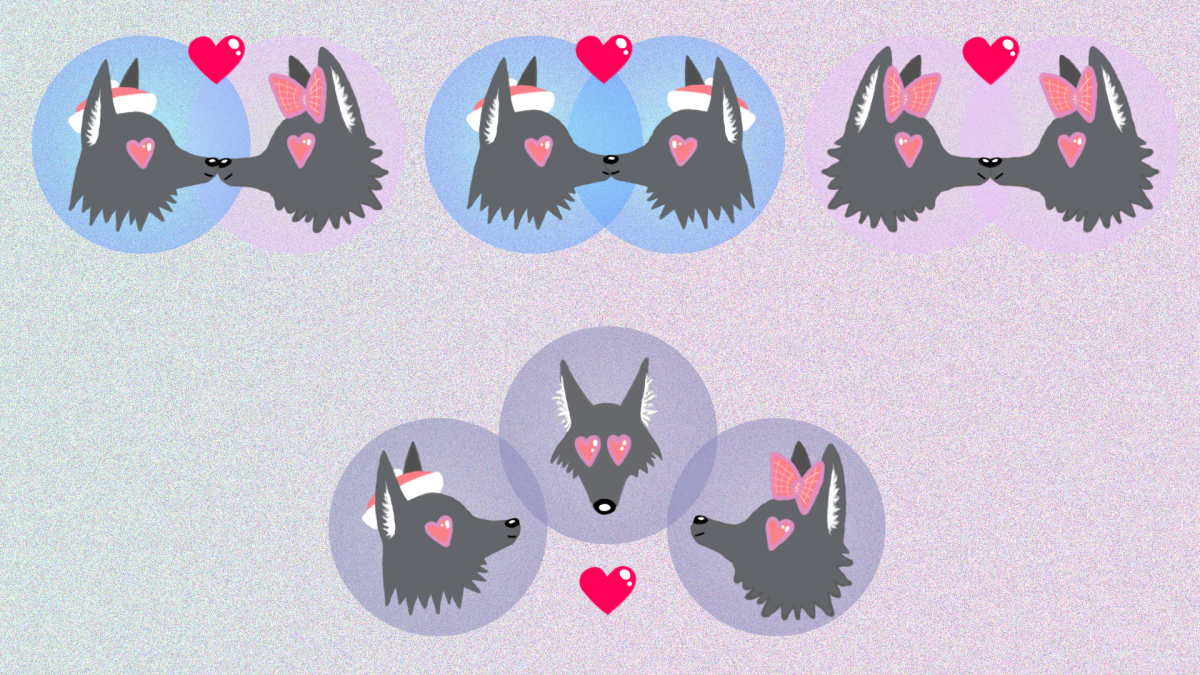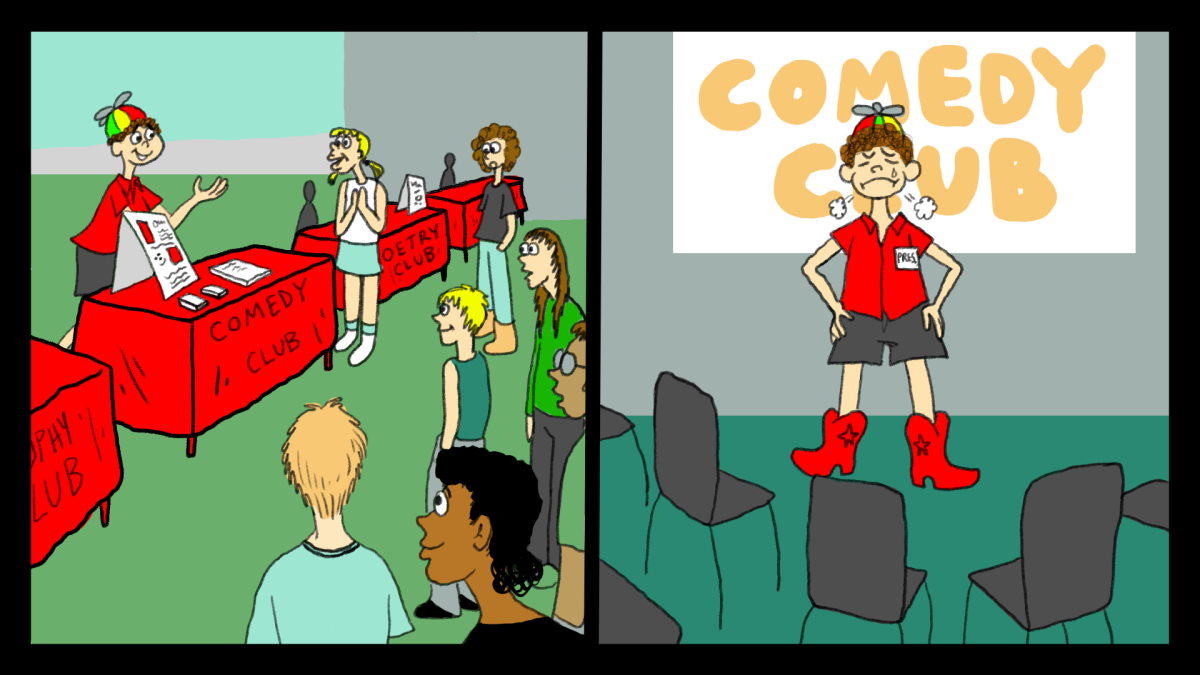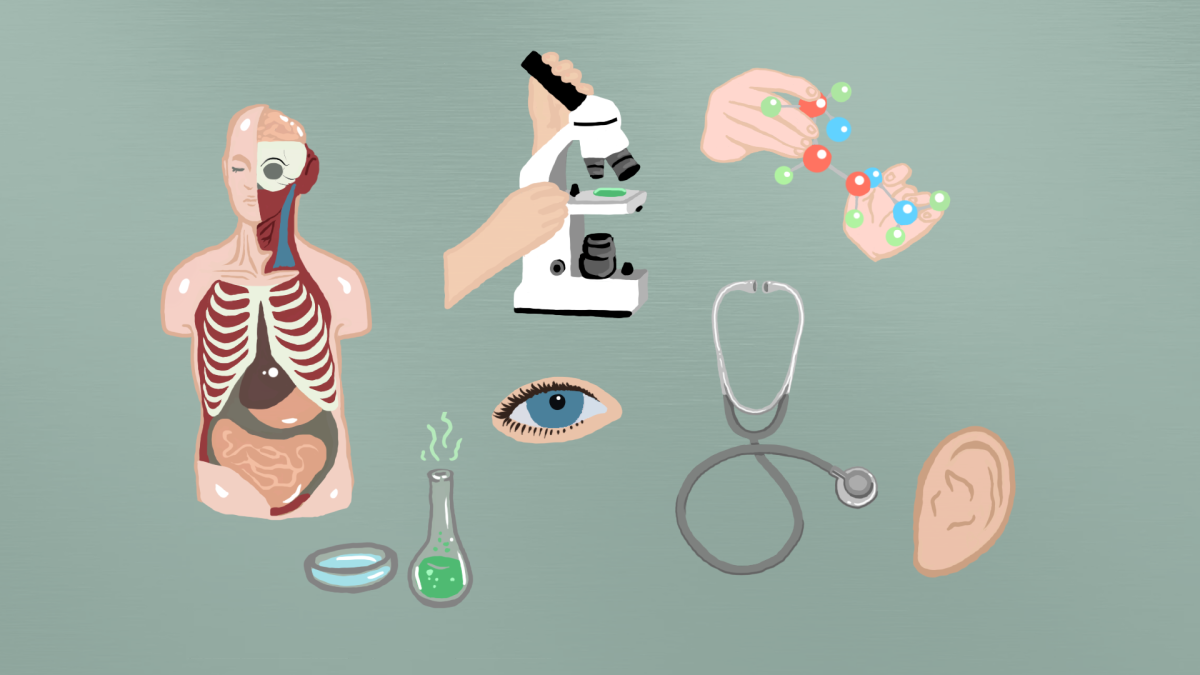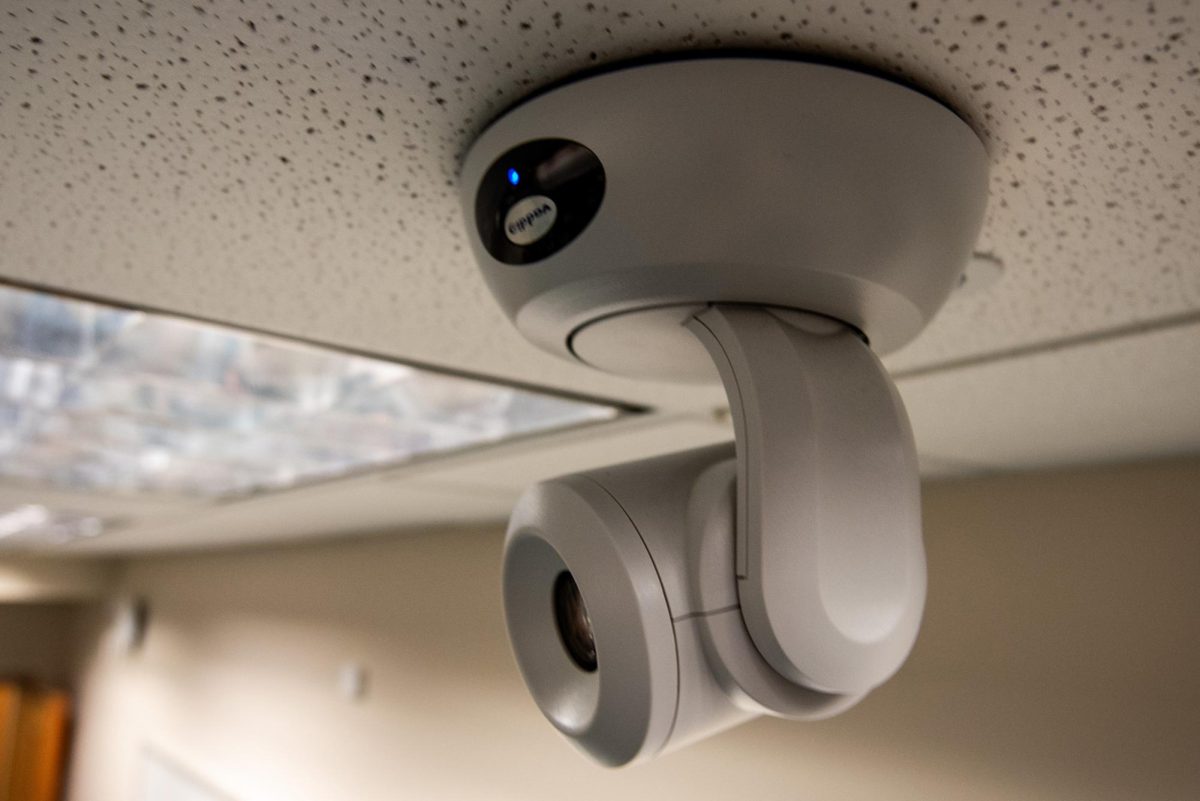Identity is rarely as fixed as people think. When people learn more about themselves, their sense of gender and sexuality often changes too. For some, this means adopting a label that feels right for them. For others, it means realizing that no single word fully captures what they’ve lived.
Within the last decade, a significant increase in those identifying as queer has caught media attention. In 2024, 4.1% of adults reported experiencing a change in sexual orientation and 3.6% reported a change in gender identity. Younger people showed even higher levels of identity uncertainty, with 13.5% of teens reported a change in sexual orientation and 9.3% reported a change in gender identity.
However, these shifts only occur when we expect people to clearly define their experiences to begin with. As identity evolves, choosing to remain unlabeled can give people the opportunity to exist freely without forcing themselves to fit inside of a box.
Kiyah Lawerence, a third-year studying English with a linguistics concentration, has been identifying as lesbian for the past eight years. Lawrence’s journey of self-discovery has also prompted an exploration of personal gender identity, yet in conversation, find that choosing the simplest label is often easiest.
“Even though I know that I’m non-binary in my head, when people ask me, I don’t really want to go into detail about explaining what that means for me, so I just go with the easiest answer, which is just to tell them I’m a woman,” Lawrence said.
Choosing to identify simply as a woman may help Lawrence get by in everyday life, but this label doesn’t fully capture their sense of self. Lawrence is just one of many who may categorize within a conventional identity while still feeling something that is not as easily describable.
Deciding to unlabel yourself can carry a stigma, with many assuming a person is struggling to find out who they are. In reality, it can be a natural and deliberate choice. Some people just care less about fitting into categories and more about living authentically, and that should be considered empowering in itself.
Social pressures regarding pronouns and labels contribute to psychological distress or post their own problems, showing the need for greater support for individuals questioning or developing minority sexual or gender identities.
Normalizing the unlabeled means recognizing that identity doesn’t always need a name to be accepted. Allowing people the freedom to explore themselves without judgment is the principle upon which the LGBTQ+ community was founded. Embracing this means accepting that some may never feel the need for a label, something that is completely okay.
Some of the ways our society has moved towards supporting the queer community may have unintended consequences of pressuring labels onto individuals. For example, while the social media platform Instagram has dozens of pronoun options available, general choices like “no preference” or “any” are not included.
Introductions in classroom settings or with nametags that expect each person to state their pronouns, while intended to promote a safe space, can actually add pressure if someone doesn’t feel ready to answer.
The words “I’m not sure” should be enough. Who you are does not have to be fully defined for it to be valid, and neither does anyone owe anybody an explanation for it.
Lawrence’s choice to simplify their identity doesn’t make their experience any less authentic. Their story is the result of society’s demand for clarity.
“I think that we should just stop caring about how other people identify and let people use whatever labels they want to use, and not make people explain themselves, if it’s something that they’re still trying to work out,” Lawrence said.
Labels can be helpful, but they’re not required for a person to understand themselves. To understand is to feel what is true, whether it comes with a name or not. Identity comes with lived experience. And for those who reject a label, that experience is just as valid.





